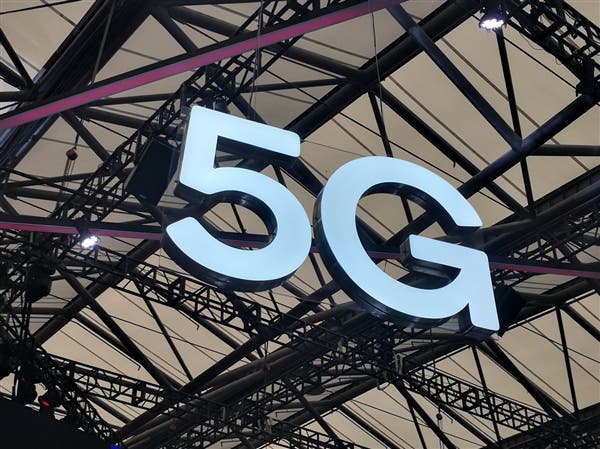One of the new technological developments that are about to expand on a large scale is the use of 5G networks. One of the main turning points related to 5G is certainly the speed of data transfer and the stability of the connections. However, the aspect of privacy and security of users who use this technology should not be overlooked.
A team of researchers from Purdue University and the University of Iowa has published an interesting research paper in which it tests the safety of the new 5G network protocols. The results of the research are not absolutely encouraging. And question the fact that 5G networks will be more secure than previous 4Gs. In detail, the researchers developed an intelligent autonomous platform, called 5GReasoner, which in its operation brought to light at least 11 different types of 5G network vulnerabilities.
A Research paper shows that 5G is vulnerable to all sorts of attacks
To give some examples, the researchers were able to trace the geographical positions of the tested user. And even to send false emergency warnings to the tested device. Among these, an alarm was sent about a hypothetical attack on Hawaii by North Korea. Attackers can also use the vulnerabilities to carry out a sort of downgrade of the security protocols on the connected phone. So as to penetrate it more easily. The research shows that most of these vulnerabilities can also be exploited on a 4G network.

The research team said it did not want to publish the code. That allowed them to highlight and exploit the vulnerabilities. Precisely in order not to incite any attacker to replicate the attacks. However, the same research team notified the results to the GSM Association. Which moderately minimized the extent of the vulnerabilities found.
The research team has replied to TechCrunch with respect to the considerations expressed by the GSM Association. Reiterating the seriousness of some vulnerabilities that have been discovered. And also to solve some of them it is necessary a significant work of modification of the network protocols.





